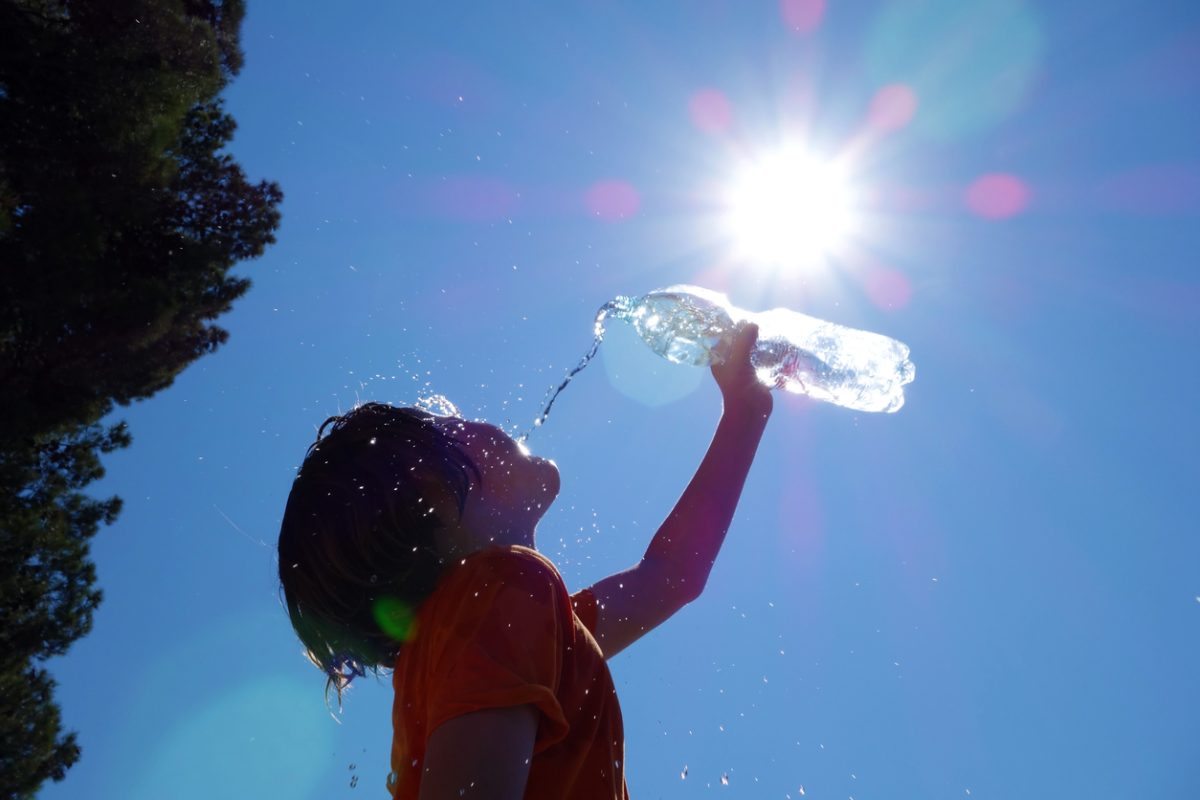
Residents statewide are being urged to prepare for a hotter-than-usual summer as NSW Health launches its annual Beat the Heat campaign. Photo: iStock/Alex Veluscek.
NSW Health is encouraging people to be cautious of rising temperatures as the state readies itself for the hottest summer in several years.
NSW Chief Health Officer Dr Kerry Chant has launched the 2023/24 Beat the Heat campaign in an effort to inform residents about the importance of keeping safe, hydrated and healthy during the summer months.
”Extreme heat can cause severe illnesses and can be life-threatening,” Dr Chant said.
“Ahead of what is expected to be a hot summer, we ask our community to ensure they are prepared, know the symptoms of heat-related illnesses and take action to keep cool during heatwaves.
“There are a few simple things you can do to keep safe, like staying indoors during the hottest times of the day, closing doors, windows, blinds and curtains early to keep hot air and sun out in the day, staying hydrated and carrying a water bottle when outside.”
Dr Chant said residents who might struggle with the heat this summer should spend the day somewhere cooler.
“This might include public spaces like shopping centres, libraries or air-conditioned community venues,” she said.
NSW Health suggested people familiarise themselves with the signs and symptoms of someone who may be affected by a heat-related illness.
These signs included headache, dizziness, nausea, vomiting, fatigue and cramps. People who have these symptoms need to be cooled down immediately.
NSW Ambulance associate director of clinical practice Marty Nichols is encouraging everyone to keep a close eye on the more vulnerable people in the community, particularly the elderly and anyone with a chronic medical condition.
“Parents and carers should also keep a particularly close eye on babies and young children as they can be more sensitive to the heat,” he said.
People who don’t respond to these steps or who show symptoms suggesting a more severe illness, including a sudden rise in body temperature, who are no longer sweating, showing aggressive or strange behaviour or are convulsing, should seek urgent medical attention or call triple zero (000).
People are encouraged to familiarise themselves with the Beat the Heat campaign for tips and information on how to keep safe this summer. To learn more, click here.








